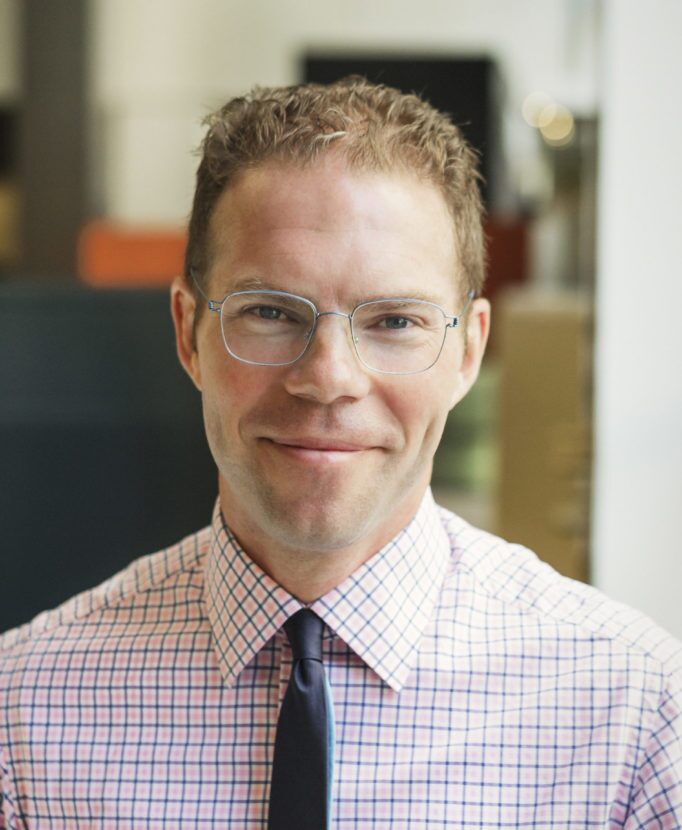
Greg Lindsay
Greg Lindsay on Cities on a Service
Greg Lindsay on the Future of Work
Greg Lindsay on the Future of Cities
Greg Lindsay on Cities on a Service

Keynote Speaker
Urban Tech Fellow, Cornell Tech; Senior Fellow, MIT Future Urban Collectives Lab; Non-Resident Senior Fellow, the Atlantic Council’s Foresight, Strategy, and Risks Initiative; Director of Applied Research, NewCities; Author of the international best-seller, Aerotropolis: The Way We’ll Live Next
Greg shocks-and-awes audiences with his high-energy, rapid-fire tours of the future, frequently leaving attendees speechless. He weaves insights gleaned from his work with NATO, the United Nations, AI experts, Metaverse architects, and more to explore the ways we’ll live next in an era of both technological abundance and climate catastrophes.
Greg Lindsay'S SPEAKING FEE Under $25,000

Greg Lindsay is a generalist, urbanist, and futurist. He is the Chief Communications Officer at Climate Alpha, an AI-driven location-analysis platform steering investment toward climate adaptation and more resilient regions. He is also an urban tech fellow at Cornell Tech’s Jacobs Institute, a senior fellow of MIT’s Future Urban Collectives Lab, and a non-resident senior fellow of the Atlantic Council’s Scowcroft Strategy Initiative.
He’s been cited as an expert on the future of cities, technology, and mobility by The New York Times, The Washington Post, The Wall Street Journal, The Guardian, USA Today, CNN, NPR, and the BBC. He’s a partner at FutureMap, a geo-strategic and climate advisory firm based in Singapore, and has advised Intel, Samsung, IKEA, Starbucks, Audi, Hyundai, Tishman Speyer, British Land, André Balazs Properties, Aldar, Emaar, and Expo 2020, along with numerous G20 government entities. He was previously the urbanist-in-residence at URBAN-X — BMW MINI’s urban tech accelerator — the Director of Applied Research at NewCities, and founding director of strategy at its mobility-focused offshoot CoMotion.
Greg speaks frequently about cities, mobility, innovation, and globalization, including appearances at 10 Downing Street, the United States Military Academy, Sandia National Laboratories, the OECD, Harvard Business School, the MIT Media Lab, and the Aspen Ideas Festival. His work with Studio Gang Architects on the future of suburbia was displayed at New York’s Museum of Modern Art (MoMA) in 2012. His work has also been displayed at the 15th, 16th, and 17th Venice Architecture Biennales, the International Architecture Biennale Rotterdam, and Habitat III. He sits on the board of CREtech Climate, and was guest curator of the 2018 and 2019 editions of reSITE.
He was previously a contributing writer for Fast Company and Fortune, and an editor-at-large for Advertising Age. He is co-author of the 2011 critically acclaimed international bestseller Aerotropolis: The Way We’ll Live Next.
Greg is a two-time Jeopardy! champion (and the only human to go undefeated against IBM’s Watson).
Tell us about your event and the speaker you are interested in booking and we will be in touch right away.